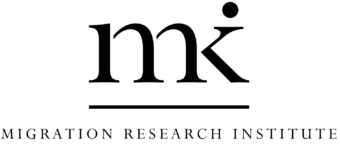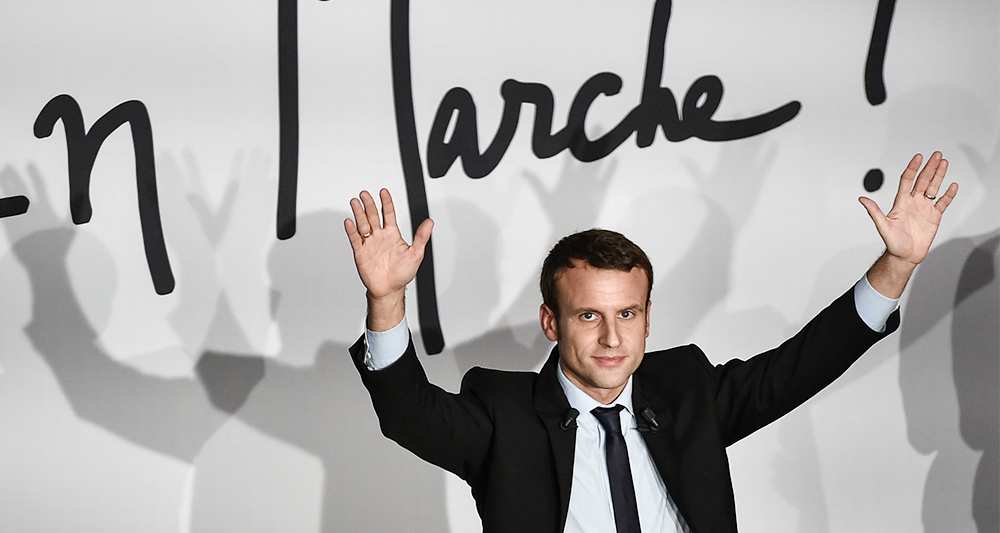
Un Coup de bluff: French Migration and Integration Policies under Macron’s Presidency
Analysis
Introduction
Emmanuel Macron accessed power in May 2017 as a centrist president, supported by his movement La République en marche!, a centrist political party, which formed the government. Both Macron and his party emerged quickly and abruptly, in the course of 2016, out of the crisis of the French Socialist Party, and its difficulty to compete in the French Presidential elections of May 2017. Macron was a new face[1] of the old socialist-liberal synthesis within the Socialist Party, even though more liberal than socialist. He claimed the need to incarnate a converging voice, that reconciles not only the liberal and the leftist wings within this party, but aspires to reach out to the liberal Republicans. Above all, Macron displayed an attitude of an astute political communicator, a quality François Hollande, his predecessor, severely lacked.
On migration, Macron and La République en marche! adopted a synthesis of the positions of the two major parties (the Socialists and the Republicans), promoting a prudent migration policy (enforcing border control) but remaining open to receiving refugees and migrants, within the boundaries set by France. Thus, the République en marche! appropriated some of the right-wing slogans while at the same time stayed faithful to the socialist-liberal traditional approach. This party used the mainstream media, Internet, and an aggressive communication policy, putting emphasis on mobilising the youth, which was afraid of a victory of the National Front, and mistrusted the two traditional parties (the Republicans and the Socialist Party). Thus, La République en marche! gave the illusion of a revolution and novelty.[2] This communicative strategy manipulated the public opinion into optimism and hope which, however, vanished quickly after the first year of the Macron era.
Observers have since noted that Macron’s policies, including his migration policy, could be a mere coup de bluff designed to allow an even more neoliberal turn in France, attempting to revive French economy, society and politics. Writing for Foreign Affairs, Ronald Tiersky spoke of Macron as a pragmatist, taking distance when necessary from Merkel’s policy on migration.[3] And Philippe Askenazy drew attention, in Dissent, to the contradictions of Macronism, in what pertains to the so-called progressive neoliberalism.[4]
This paper describes and assesses the main features of Macron’s migration and integration policy since May 2017, focussing in particular on the adopted new law of asylum and immigration, the president’s dealings with Islam, his migration policy at an EU level, and his attitude towards NGOs.
Download research paper for free HERE.
[1] Between 2012 and 2016, Emmanuel Macron has been deputy Secretary General to the President François Hollande and Minister of the Economy, Industry and Digital Affairs in the government of Manuel Valls, displaying liberal tendencies.
[2] Diane Delaurens, “En marche, la politique moderne ? “, Esprit 4 (2018):11-17.
[3] Ronald Tiersky, “Macron’s World: How the New President is Remaking France“, Foreign Affairs 97 (2017):93.
[4] Philippe Askenazy, “The Contradictions of Macronism”, Dissent 65, 1 (2018): 90.
